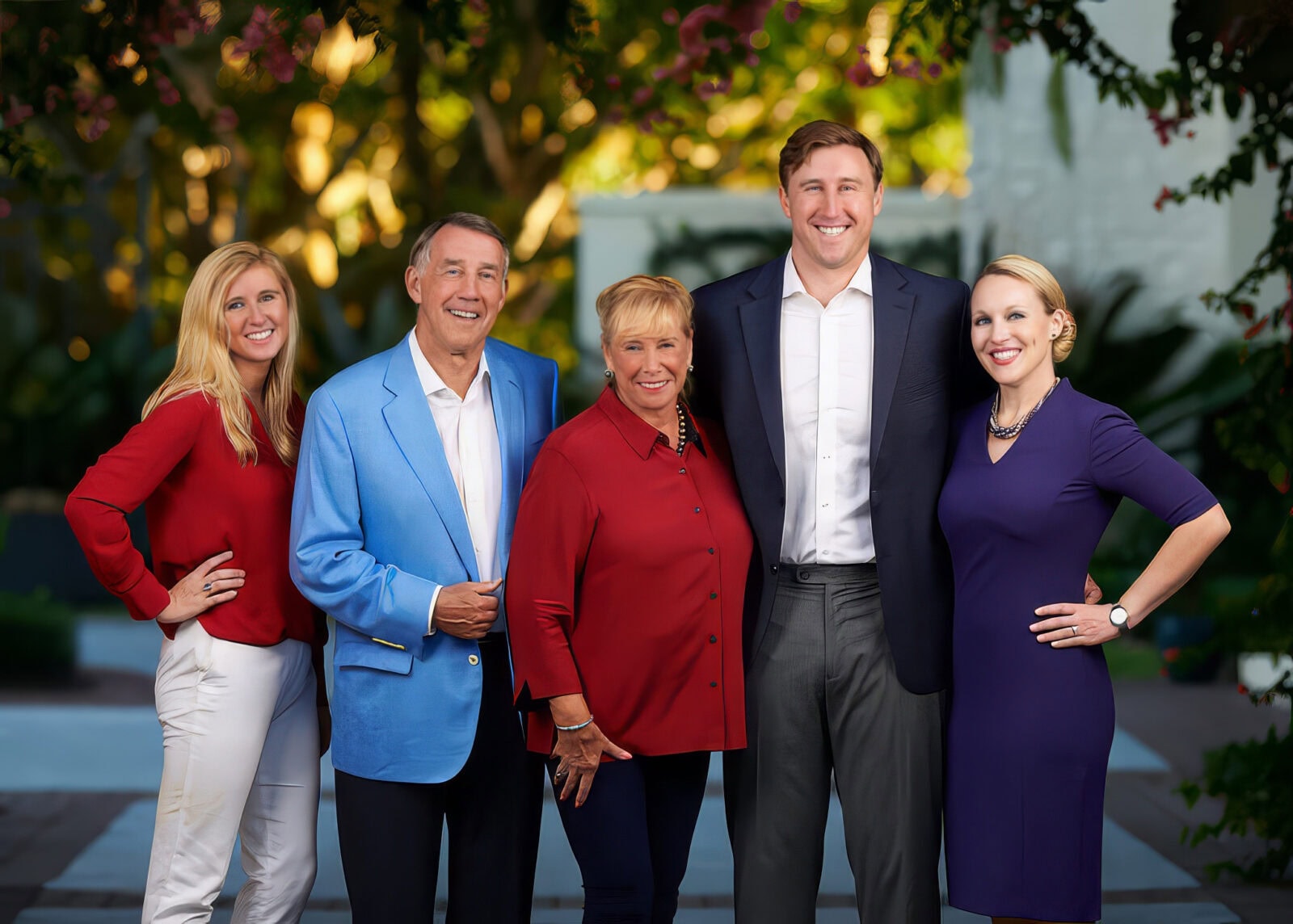$90 million landmark gift from Larry Leinweber and family establishes national network of theoretical physics institutes

In an unprecedented act of scientific philanthropy, the Michigan-based Leinweber Foundation has announced a $90 million investment in theoretical physics, marking the largest philanthropic commitment ever made in the field, according to the Science Philanthropy Alliance.
The transformative gift will establish a coordinated network of research centers at five of the world’s most prestigious institutions: MIT, the University of Michigan, the University of Chicago, the University of California, Berkeley, and the Institute for Advanced Study (IAS) in Princeton.
This bold initiative aims to safeguard the future of curiosity-driven science in a time of uncertainty for federal research funding, especially in fundamental physics. It will create a unified national ecosystem for theoretical research, supporting a new generation of physicists while fostering inter-institutional collaboration on the universe’s deepest mysteries — from dark matter and quantum fields to the origins of space and time.
At the heart of the initiative is the creation of Leinweber Institutes for Theoretical Physics at four of the five universities, and a Leinweber Forum for Theoretical and Quantum Physics at IAS. MIT’s existing Center for Theoretical Physics will be newly renamed MIT Center for Theoretical Physics – A Leinweber Institute, embedded within its Department of Physics and affiliated with its Laboratory for Nuclear Science.
“This gift is a commitment to America’s scientific future,” said Larry Leinweber, founder and president of the Leinweber Foundation, who grew up in rural northern Michigan and made his fortune in software. “Theoretical physics may seem abstract to many, but it’s the tip of the spear for innovation. It fuels our understanding of how the world works and opens the door to new technologies that can shape society for generations.”
MIT physicist Washington Taylor, a prominent string theorist and director of the newly funded center, underscored the enduring importance of such fundamental work. “This endowment allows us to support the best graduate students and postdocs to pursue independent research, and to build intellectual bridges with other top researchers across the Leinweber network,” he said. “It is a giant leap forward for American science.”
At MIT, the gift will fund six graduate student fellowships per year and a rotating cohort of six postdoctoral fellows, supported in a three-year program. In addition to research stipends, the endowment will cover seminars, visiting scholars, and broader scholarly engagement. Other recipient institutions will receive similarly structured support, tailored to their strengths and focus areas.
The vision for a national theoretical physics network originated with the foundation’s initial 2017 investment in physics research at the University of Michigan. That success laid the groundwork for this sweeping expansion. “We wanted to have at least five research centers, including Michigan, to launch a truly national initiative,” said Leinweber.
The institutes will operate autonomously while engaging in cross-institutional convenings, ensuring each retains its unique character while participating in collective dialogue around shared theoretical frontiers. The goal is not just academic excellence, but sustained intellectual connectivity, enabling young scientists to thrive across institutional boundaries.
MIT’s Dean of Science Nergis Mavalvala called the gift a vital intervention in a fragile funding environment: “Graduate students are the heart of our country’s research enterprise. Supporting their growth is essential to the health of the discipline — and the gift ensures that support is stable and long-term.”
The new MIT center will soon welcome Professor Tracy Slatyer, a leading dark matter theorist, as its next director, beginning this fall. A dedication ceremony is being planned, with participation from faculty leaders including Mavalvala, Taylor, and MIT Physics Department Head Deepto Chakrabarty.
The foundation’s leadership — including Larry Leinweber’s wife Claudia Babiarz, daughter Ashley Leinweber, son David Leinweber, and daughter-in-law Jessica Leinweber, the foundation’s executive director — worked closely with the Science Philanthropy Alliance for four years to design the initiative.
“Throughout his life, Larry has exemplified curiosity, intellectual openness, and a deep commitment to learning,” said France Córdova, president of the Alliance and former director of the National Science Foundation. “This gift ensures future scientists will have the freedom to explore ideas that could transform how we understand the universe.”
The Leinweber Foundation’s announcement comes at a moment when many leading scientists fear a contraction in federal funding could stall discovery in fields that lack immediate commercial application but underpin future technological revolutions.
By creating a durable infrastructure for theoretical inquiry, the Leinweber family is ensuring that the next Albert Einstein or Emmy Noether not only has a place to work but also has a thriving community of peers across institutions to exchange ideas, spark insight, and illuminate the unknown.
